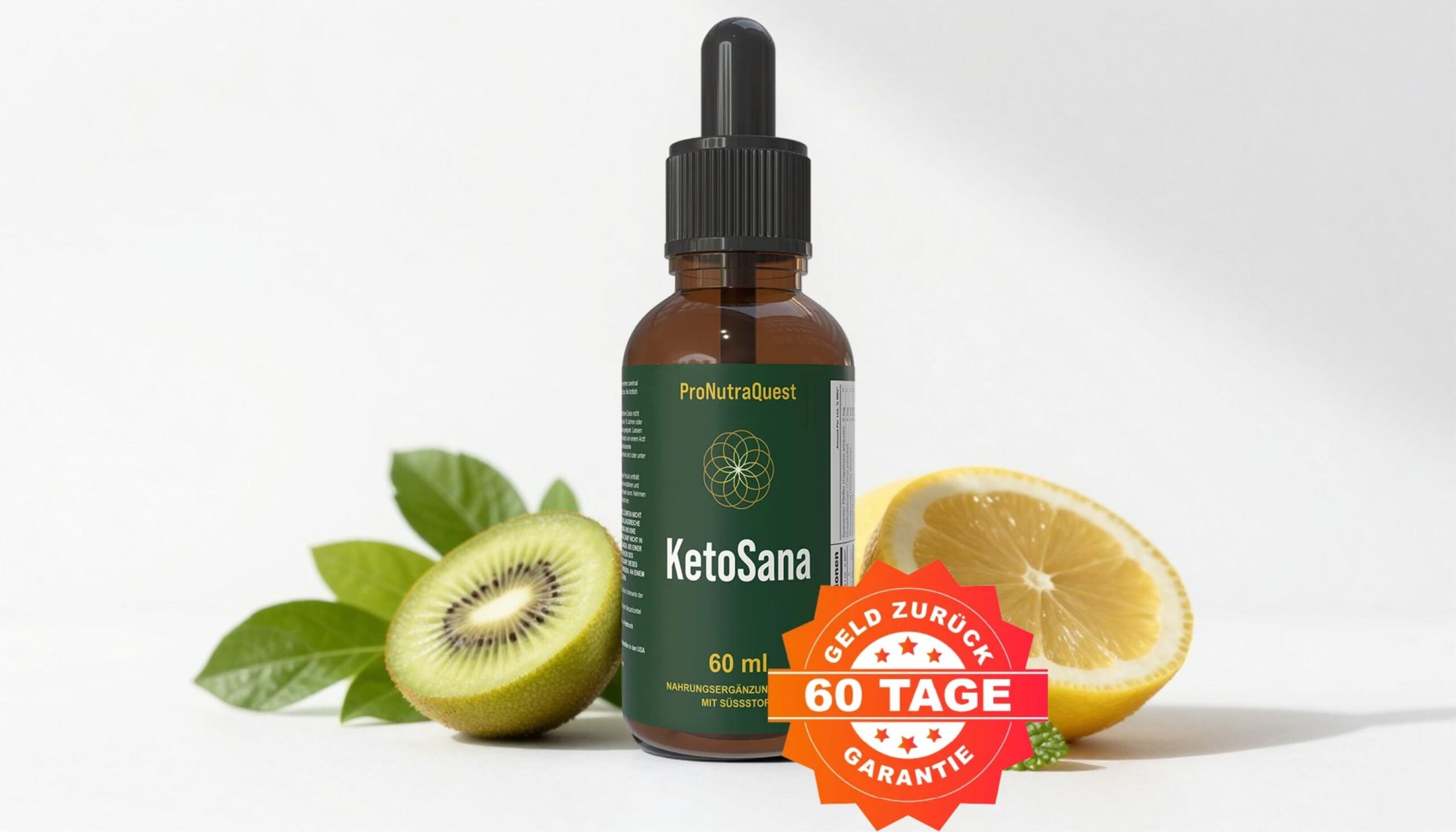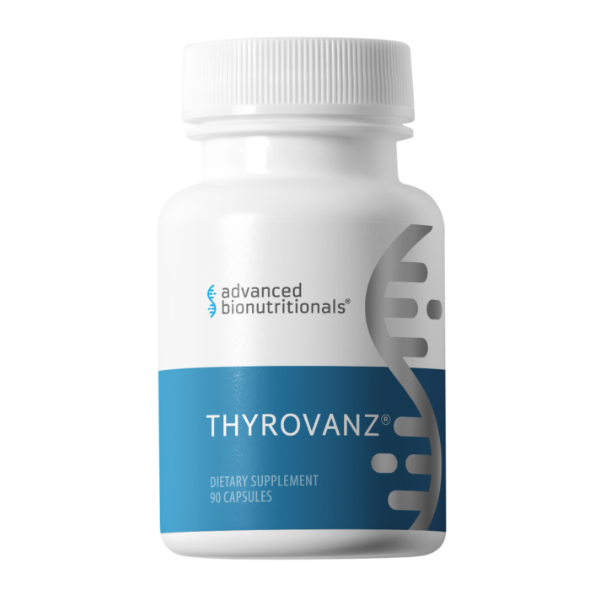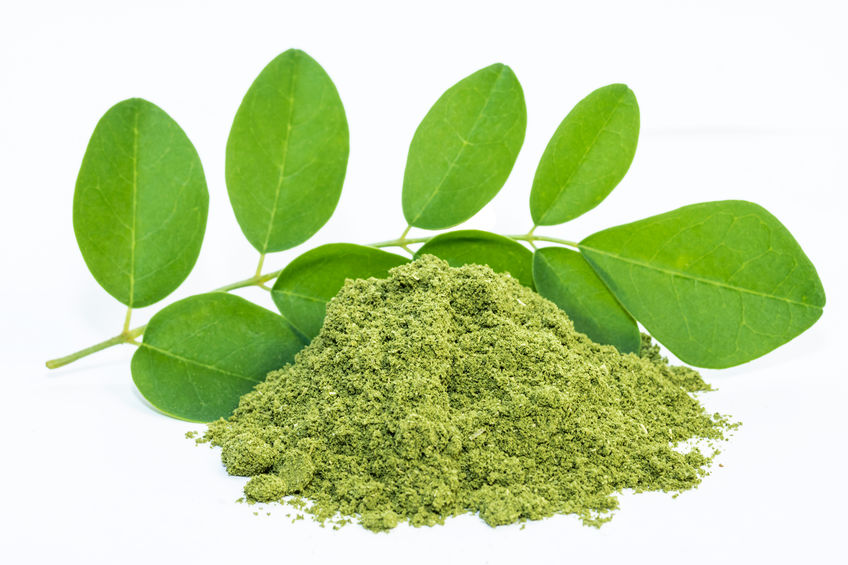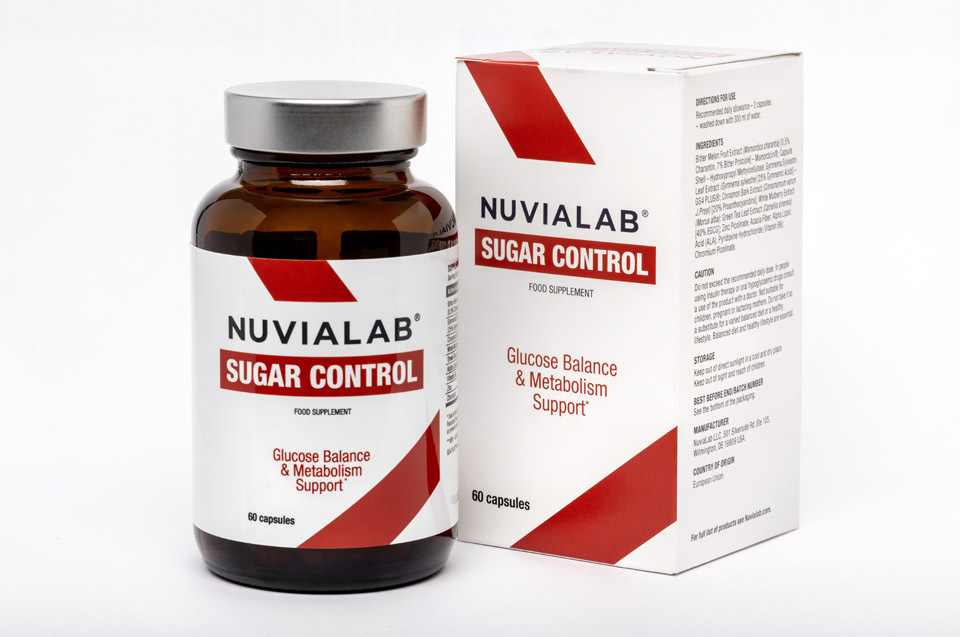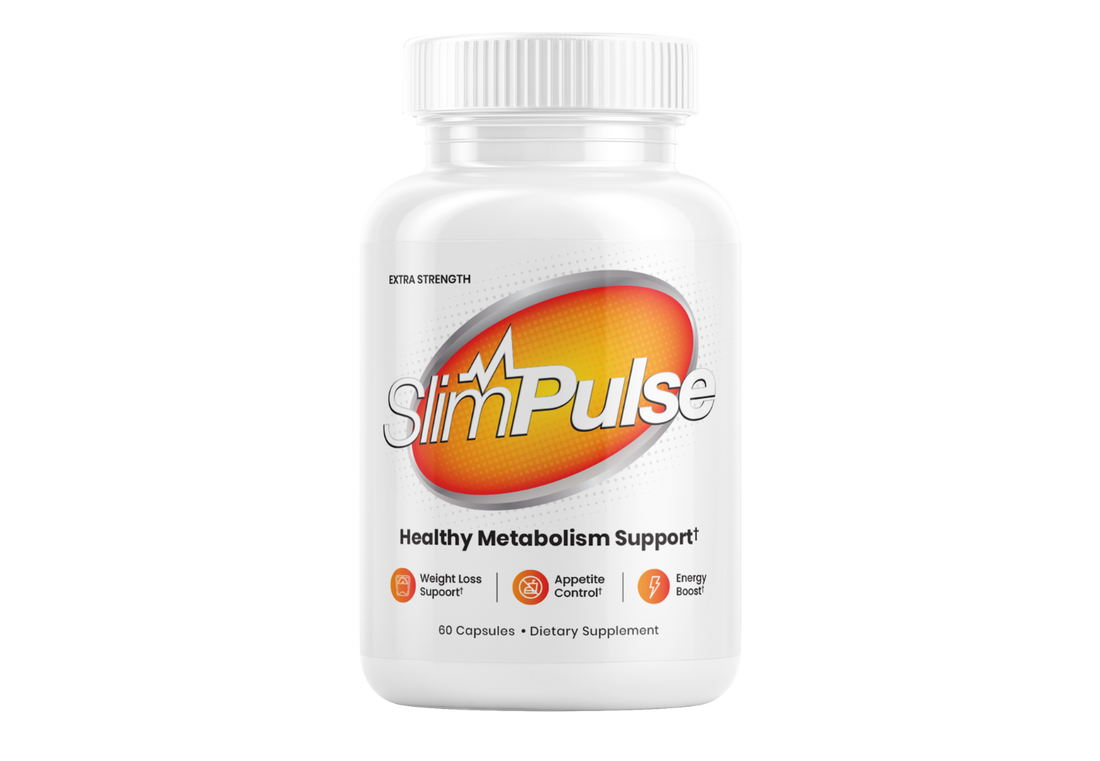Some studies point to a link between drinking a lot of alcohol, like liquor or red wine, and prostate cancer. Yet, other studies haven’t found a direct link between beer or alcohol and prostate cancer risk. The Prostate Cancer Foundation and the American Cancer Society say there’s no clear link between alcohol and prostate cancer risk.
A 2019 study found that drinking red wine in small amounts might lower the risk of prostate cancer getting worse. A 2018 study also linked early alcohol use to a higher risk of prostate cancer later on.
The relationship between beer, alcohol, and prostate cancer is complex. We need more research to understand how different types of alcohol, how much you drink, and when you drink affect prostate health and cancer risk.
Does Alcohol Affect Prostate Health – Key Takeaways
- The link between drinking beer and an increased risk of prostate cancer is not conclusive, with mixed research findings.
- High levels of alcohol consumption, particularly liquor or red wine, may be associated with a higher prostate cancer risk.
- Moderate consumption of red wine may be linked to a lower risk of prostate cancer progression.
- The type and amount of alcohol, as well as the timing of consumption, appear to play important roles in the potential impact on prostate health and cancer risk.
- Further research is needed to fully understand the complex relationship between beer, alcohol, and prostate cancer.
Understanding Prostate Cancer
The prostate is a small, walnut-shaped gland in the male body. It sits below the bladder and wraps around the urethra. This gland is vital for making seminal fluid, which helps sperm move and survive.
Knowing how the prostate works and its structure helps us understand prostate cancer better.
Prostate Anatomy and Function
The prostate has different parts and makes a big part of the seminal fluid. This fluid supports and moves sperm when a man ejaculates. Its position and role make it prone to health issues, like prostate cancer.
Prevalence and Statistics
Prostate cancer is the most common cancer in men, after skin cancer, in the U.S. The Prostate Cancer Foundation says over 200,000 men get diagnosed with it yearly. Most cases happen in men over 50, with the average age being 68.3 years.
About 10% of men get diagnosed before they turn 55. They’re more likely to get and die from prostate cancer. Having a family history also raises your risk.
Does Alcohol Affect Prostate Health? – Alcohol Consumption and Cancer Risk
Drinking alcohol is linked to a higher risk of some cancers, like breast, liver, and colorectal cancer. But, its link to prostate cancer is not as clear. Some studies hint at a connection, especially with heavy or long-term drinking. Yet, the proof is not strong.
The type of alcohol matters too. For example, a Harvard study found a link between moderate drinking and prostate cancer. Liquor seemed to have a stronger link than wine or beer.
Regular drinking can harm health, raising the risk of breast cancer, digestive cancers, and possibly prostate cancer. Even though there’s no solid proof of a direct link, a balanced lifestyle and moderate drinking are good for health.
Signs of heavy drinking and prostate cancer can be similar, like weight loss, feeling tired, bone pain, and swollen feet. It’s important to know these signs and talk to doctors if you’re worried.
drinking beer and an increased risk of prostate cancer
Recent studies have looked into if drinking beer is linked to more prostate cancer. But, the results are not clear-cut. Heavy or long-term drinking, especially of strong alcohol, might raise the risk of prostate cancer. Yet, some studies don’t see a direct link between drinking now and prostate cancer risk.
Current Research Findings
The type of alcohol and how much you drink seem to affect prostate cancer risk. For example, men who drank a lot from their teens to almost 50 were three times more likely to get serious prostate cancer. A Canadian study also showed that drinking over eight drinks a week made men more likely to die after getting prostate cancer.
Alcohol Types and Amounts Linked to Risk
Drinking alcohol can make prostate tumors grow faster and speed up cancer spreading. The old U.S. guidelines said to limit alcohol to two drinks a day. Now, they suggest one drink a day is safer for cancer prevention. Red wine is better because it has resveratrol, an antioxidant that might help fight cancer.
Symptoms and Screening
Prostate cancer often doesn’t show symptoms until it’s more advanced. But, there are early signs to watch for. These include needing to urinate more, having trouble urinating, feeling pain or burning while urinating, seeing blood in the urine or semen, and trouble getting or keeping an erection.
Even without symptoms, regular screening can catch prostate cancer early. The main test is the prostate-specific antigen (PSA) blood test. This test checks PSA levels in the blood. High PSA levels might mean prostate cancer, but other things can cause it to go up too.
Early signs and symptoms
- Frequent urination
- Difficulty urinating
- Pain or burning during urination
- Blood in the urine or semen
- Difficulty achieving or maintaining an erection
Screening tests, like the PSA test, can find prostate cancer early. This is when treatment works best. Men should talk to their doctors about their risk and screening options. This helps figure out the best schedule for prostate cancer screening.
Treatment and Lifestyle Considerations
For people with prostate cancer, eating well, staying active, and drinking alcohol in moderation can help. A diet full of fruits and veggies is key. It’s also good to limit red and processed meats. Exercise can make things better for those with prostate cancer.
Dietary and Exercise Recommendations
A healthy diet for those with prostate cancer should focus on:
- Plenty of fruits and vegetables
- Whole grains
- Lean proteins like fish and poultry
- Limited red and processed meats
Exercise is also important. It helps manage side effects and boosts well-being. Try activities like brisk walking, swimming, and strength training.
Alcohol Consumption During Treatment
Drinking alcohol can affect treatment and side effects. It’s crucial to talk about it with your doctor. The government suggests men limit alcohol to 14 units a week. That’s about 6 pints of beer or ten small glasses of wine.
By eating well, staying active, and drinking in moderation, prostate cancer patients can help their health during treatment.
Risk Factors for Prostate Cancer
Prostate cancer is a complex disease with many risk factors. Knowing these factors helps with early detection and prevention.
Age is a key risk factor for prostate cancer. Most cases happen in men over 50, with risk going up with age. Being a Black American male also increases the risk, as this group faces higher rates of the disease.
- Family history of prostate or certain other cancers
- Persistently high testosterone levels
- Low physical activity
- Obesity
- Exposure to Agent Orange
- High blood pressure
- History of sexually transmitted infections, such as chlamydia, gonorrhea, or syphilis
Diet also affects prostate cancer risk. Eating a lot of saturated fats and red meat ups the risk. But, eating more fruits, veggies, and healthy fats can lower it.
Knowing the prostate cancer risk factors helps people take steps to stay healthy. Regular check-ups and healthy living choices can lower the risk of this serious disease.
Racial Disparities in Prostate Cancer
Prostate cancer is a big health issue, especially for Black American men. Black men face about twice the risk of getting prostate cancer than other groups. They often get diagnosed younger and with more severe types, making their death rate from prostate cancer twice as high.
The exact reasons for these differences are still being studied. They likely involve genetics, biology, and social factors. Research points to several factors that could explain why Black Americans face a higher risk and death rate from prostate cancer.
Genetic and Biological Factors
- Genetic variations and differences in prostate cancer biology may play a role in the increased risk for Black men.
- Certain genetic markers and molecular profiles have been linked to a higher risk of aggressive prostate cancer in Black populations.
- Differences in hormone levels, inflammation, and other biological factors may also contribute to the racial disparities in prostate cancer.
Socioeconomic and Healthcare Access Barriers
- Socioeconomic factors, such as limited access to quality healthcare and screening services, may contribute to the later diagnosis and higher mortality rates among Black men.
- Disparities in healthcare access and utilization, as well as cultural and educational barriers, can lead to delayed diagnosis and less effective treatment for Black Americans with prostate cancer.
It’s important to tackle these racial disparities in prostate cancer. This will help improve health outcomes and ensure equal access to prevention, screening, and treatment for all men, no matter their race or ethnicity.
Prostate Cancer in Transgender Individuals
People with a prostate gland, like transgender women and non-binary people, can get prostate cancer. Finding out if they have it can be hard because of feminizing hormones. These hormones can lower PSA levels and make tests less accurate. Also, surgery to change one’s body can cause symptoms like those of prostate cancer. So, transgender individuals should talk to a trusted doctor about their risk and screening needs.
Studies show that transgender individuals have a low but real risk of getting prostate cancer. They also might get other cancers like breast cancer in trans women or liver cancer in trans individuals. Sadly, some transgender individuals wait too long to get cancer treatment because they were turned away or didn’t seek it. This can make the cancer harder to treat.
- Providers might not feel ready to treat cancers in transgender individuals.
- Trans men who haven’t had organs like the uterus, ovaries, or breasts removed can still get cancer in those organs.
Transgender individuals need to talk openly with their doctors about prostate cancer screening and other health checks. Even with challenges, they should work with their medical team. This way, they can get diagnosed early and have the best treatment options.
Alcohol Metabolism and Cancer Mechanisms
Alcohol’s metabolism, especially turning ethanol into acetaldehyde, is key in some cancers. Acetaldehyde is harmful and can hurt DNA, causing genetic changes that lead to cancer. Drinking alcohol also increases oxidative stress and inflammation, which are linked to cancer growth and spread.
Acetaldehyde and DNA Damage
Alcohol breaks down into acetaldehyde in the body, a substance that can harm DNA. This damage can cause genetic changes, leading to cancer. Studies have found specific DNA changes caused by acetaldehyde, showing how alcohol can increase cancer risk.
Oxidative Stress and Inflammation
Drinking alcohol starts a chain of events that raises cancer risk. It leads to oxidative stress and inflammation, which play a part in cancer at different stages. Chronic alcohol use can turn on inflammatory pathways, helping some cancers like liver cancer grow and spread.
Knowing how alcohol metabolism and cancer are linked is key for fighting cancer. By understanding these processes, doctors can find ways to help people at high risk. This can lead to better prevention and treatment for alcohol-related cancers.
Role of Aldehyde Dehydrogenase
The enzyme aldehyde dehydrogenase (ALDH) is key in breaking down alcohol and is linked to some cancers, like prostate cancer. Studies suggest ALDH-positive cells might help tumors grow and spread. Researchers think targeting ALDH could be a new way to fight prostate cancer by getting rid of hard-to-treat cells.
ALDH and Cancer Stem Cells
Cancer stem cells are a few cells in a tumor that can make more copies of themselves and start new tumors. ALDH-positive cells might be the reason why some prostate tumors are aggressive and hard to treat. These cells help the cancer grow, spread, and come back after treatment.
ALDH as a Therapeutic Target
Since ALDH-positive cells are important in prostate cancer, scientists are looking into using ALDH as a new treatment. By stopping ALDH or getting rid of these cells, it could help reduce the number of cancer stem cells. This could lead to better treatment results for prostate cancer patients. It’s an exciting area of research and testing.
Epidemiological Studies and Evidence
Studies have looked into how alcohol might affect prostate cancer risk. Some research suggests a link, especially with heavy or long-term drinking. But, the results are not all the same. Researchers keep looking into this topic using different methods.
Mendelian Randomization Studies
Mendelian randomization studies are another way to explore alcohol and prostate cancer. They use genetic traits to understand cause and effect. This gives us new insights beyond just looking at data.
These studies on epidemiological studies on alcohol and prostate cancer and Mendelian randomization studies on alcohol and prostate cancer help us understand more. But, we need more research to be sure about the link between alcohol and prostate cancer.
Looking into this topic is ongoing. We need more studies to fully understand how alcohol, genes, and prostate cancer are connected. Researchers and doctors are keenly interested in this area.
Public Health Implications
There might be a link between drinking alcohol and a higher chance of getting prostate cancer. This idea is still being studied. It’s important to spread the word about this possible link.
Encouraging people to drink less or not at all, especially those at higher risk, could help prevent prostate cancer. This could be a key step in keeping people healthy.
Awareness and Preventive Measures
Public health efforts can teach people about alcohol and prostate cancer risks. This knowledge helps people make better choices about drinking and their health. It also pushes for better prostate health through regular check-ups and healthy living.
More research is needed to understand how alcohol affects prostate cancer. This could lead to better ways to prevent it. Knowing more could help doctors and health experts make better plans.
- Raise awareness about the potential link between alcohol consumption and prostate cancer risk
- Encourage moderation or abstinence from alcohol, especially for individuals at increased risk of prostate cancer
- Promote regular prostate cancer screenings and healthy lifestyle choices to maintain prostate health
- Conduct further research to elucidate the specific mechanisms underlying the relationship between alcohol and prostate cancer
By looking into the link between alcohol and prostate cancer, we can work on better health outcomes. This could help lessen the impact of this common disease.
Limitations and Future Research Directions
Research has shown some links between alcohol and prostate cancer. Yet, there are still many things we don’t know. We need to look more into how people report their alcohol use, do longer studies, and figure out how different alcohols affect prostate cancer.
Looking ahead, we should dig deeper into how alcohol affects prostate cancer. We need to understand the biology behind it, the genetic factors, and how alcohol changes prostate cancer risk at different stages. This will help us understand alcohol’s role in prostate cancer better.
- Improving the reliability of self-reported alcohol intake data through more objective measures, such as biomarkers or electronic monitoring devices.
- Conducting long-term, prospective studies to better understand the temporal relationship between alcohol consumption and prostate cancer risk over time.
- Investigating the specific effects of different types and amounts of alcohol, such as the impact of light, moderate, and heavy drinking, as well as the influence of beer, wine, and spirits.
- Exploring the underlying biological mechanisms, including the role of acetaldehyde, oxidative stress, inflammation, and the involvement of genetic factors and cancer stem cells.
- Examining the impact of alcohol consumption at different stages of prostate cancer development, from initiation to progression and outcomes.
By tackling these challenges and exploring new research areas, we can learn more about alcohol and prostate cancer. This will lead to better ways to prevent and manage prostate cancer.
Conclusion
Drinking beer or alcohol might increase the risk of getting prostate cancer, but we’re not sure yet. Some studies hint at a link, especially for heavy or long-term drinkers. But, the evidence is not clear, and we need more studies to understand this better.
Things like the type and amount of alcohol, and your genes and lifestyle, seem to matter a lot. As this affects public health, we must keep looking into how alcohol and prostate cancer are linked.
It’s key to focus on keeping prostate health good and to drink alcohol responsibly. We should also think about how prostate cancer fits into disease estimates, since it’s the second most common cancer in men worldwide.
Even though we’re not sure if alcohol directly causes prostate cancer, we should keep studying it. Looking into things like aldehyde dehydrogenase enzymes might help us understand better. A balanced approach that looks at all the findings and keeps researching is important. This way, we can give good advice to the public and doctors.
FAQ
Does Alcohol Affect Prostate Health? Is there a link between drinking beer and an increased risk of prostate cancer?
What is prostate cancer and how common is it?
What is the link between alcohol consumption and cancer risk?
What do recent studies say about the link between drinking beer and an increased risk of prostate cancer?
What are the early signs and symptoms of prostate cancer?
How can individuals with prostate cancer manage their health and alcohol consumption during treatment?
What are the risk factors for prostate cancer?
Why do Black American men have a higher risk of prostate cancer?
How does prostate cancer affect transgender individuals?
How does alcohol metabolism contribute to cancer development?
What is the role of aldehyde dehydrogenase (ALDH) in prostate cancer?
What do epidemiological studies say about the link between alcohol consumption and prostate cancer risk?
What are the public health implications of the potential link between alcohol and prostate cancer?
What are the limitations of the current research and future research directions?
Source Links
- Prostate Cancer and Alcohol
- Alcohol and Prostate Cancer: Time to Draw Conclusions
- Association between Alcohol Intake and Prostate Cancer Mortality and Survival
- Alcohol and Cancer Risk Fact Sheet
- Is alcohol consumption a risk factor for prostate cancer? A systematic review and meta–analysis – BMC Cancer
- Alcohol and Cancer
- Prostate Cancer and Alcohol: What We Need to Know
- Alcohol consumption and risk of prostate cancer: The Harvard Alumni Health Study
- The more you drink, the greater your risk of prostate cancer
- Excessive Alcohol Use and Risks to Men’s Health
- Alcohol Consumption and Prostate Cancer – Baptist Health
- Early-life heavy alcohol consumption increases prostate cancer risk
- Alcohol and Prostate Cancer: Know the Facts
- Alcohol and prostate cancer: Is there a link?
- Alcohol Use and Cancer | Health Effects
- Alcohol and Prostate Cancer | Everlast Recovery
- Alcohol Consumption and the Risk of Prostate Cancer: A Dose-Response Meta-Analysis
- Alcohol Intake, Drinking Patterns, and Risk of Prostate Cancer in a Large Prospective Cohort Study
- Alcohol consumption and prostate cancer incidence and progression: A Mendelian randomisation study
- Alcohol Exposure and Disease Associations: A Mendelian Randomization and Meta-Analysis on Weekly Consumption and Problematic Drinking
- Alcohol and Cancer: Epidemiology and Biological Mechanisms
- Alcohol and cancer: This is how booze damages DNA inside cells
- How does drinking alcohol impact your cancer risk?
- Alcohol Consumption and the Risk of Prostate Cancer: A Dose-Response Meta-Analysis
- Association between Alcohol Intake and Prostate Cancer Mortality and Survival
- Alcohol consumption and site-specific cancer risk: a comprehensive response meta-analysis – British Journal of Cancer
Affiliate Disclosure
The links contained in this article may result in a small commission to us if you opt to purchase the products recommended at no additional cost to you. This goes towards supporting our research and editorial activities so that we can only provide informed advice.
Disclaimer
Please understand that any advice or guidelines revealed in this article are not in any way a substitute for sound medical advice from a licensed healthcare provider. Make sure to consult with a professional physician before using any of the advice provided here, especially if you use medications or have concerns following the advice shared in this article. Individual results may vary. The products recommended in this article are not intended to diagnose, treat, cure, or prevent any disease.


